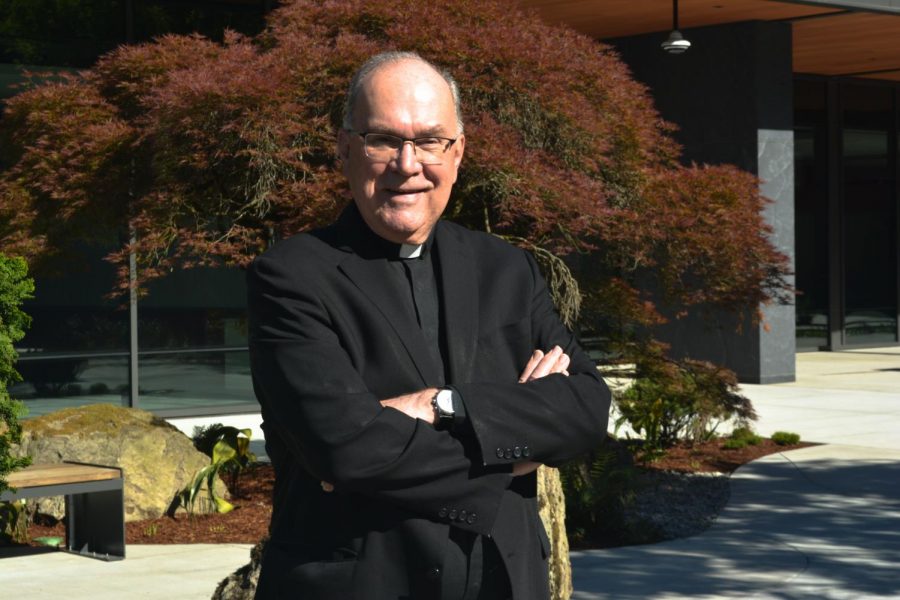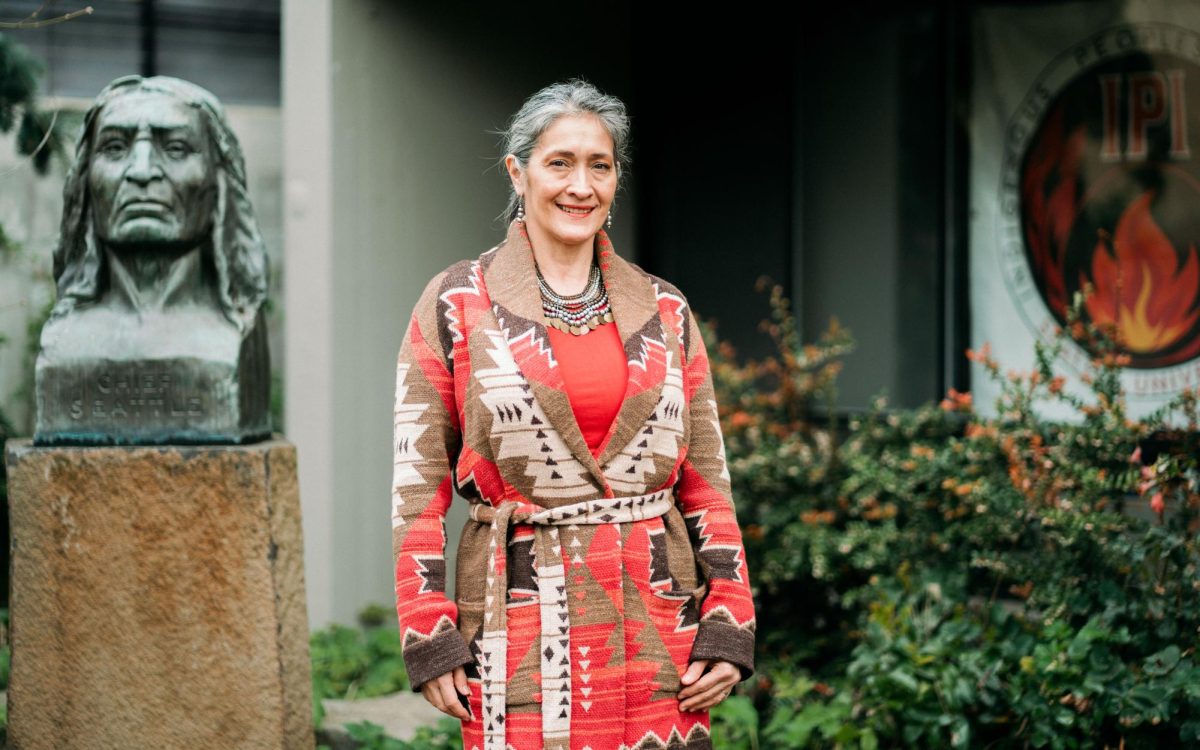Second year Abby Meyer was in her professor’s office hours when she was told that her disability seemed more like a time-management issue.
“I was kind of flabbergasted that it happened,” Meyer said. “It is up to people to have their own opinions about [learning disabilities] but it is not up to them to determine what kind of accomodations people are allowed to get for it. That’s non-negotiable.”
For students that find it challenging to focus in class due to a learning impairment or a hearing impairment, or rely on elevators and accessible door openers to get around campus, it is increasingly difficult to navigate their busy lives without such accommodations from Seattle University.
Instances of difficulty can range from minor inconveniences to a strenuous fight to make one’s disability viable and protected. In Meyer’s experience, professors can be unintentionally offensive or awkward when navigating disabilities for their students.
“I think a lot of issues professors have just come from ignorance. I don’t think the university touches on how to deal with accomodations besides you have to,” Meyer said. “I’ve had professors say ‘Hey can I talk to you after class’ in front of the whole class… I mean, discretion would be appreciated, and I know [my accomodations] are something I’m pretty open with, but I know a lot of people aren’t.”
Note-taking is an accommodation Disabilities Services (DS) can arrange anonymously. DS staff will reach out to members of the class to see if anyone can take notes on behalf of the student. For students that have trouble taking notes, this can be a helpful accommodation. However, if no one in the class volunteers for note taking, there is no way for DS to fulfill that student’s request.
“Their is only so much [DS] can do.. with the sheer number of students who need help, the staff is not always available,” Meyer said.
This is not an isolated example of unaccommodating professors.
“I have had professors that were not accepting of my accommodations,” said first year biology major Sarah Hogue. “I have dyscalculia which is basically dyslexia but with math, and it’s really hard for me. I told my teacher ‘I have a calculator accommodation, I know that you don’t allow calculator, but computing numbers is a true issue for my brain.’ She just said that I have to learn my times tables.”
Hogue also receives housing accommodations to fit her needs for a chronic illness. Hogue relies on the elevators to get to campus from the Murphy Apartments, and when those elevators are out of service, with no communication from the university, it makes life less accessible and more painful.
“All of the elevators in the Murphys are so old, and if they don’t work it’s a huge pain to walk downstairs and walk up stairs,” Hogue said.
When targeting movement in her neck, back and hips, such movements trigger extreme pain for Hogue on a day to day basis.
“I wish there was more concentration on the doors and elevators [by the university]. There are a disability doors that if you press the button it does not work. You can’t tell at all by physical signs that I have a disability, but I have a connective tissue disorder… and it’s really hard on my neck to open doors and push things… it’s can trigger a bunch of pain in my body…. And when that happens I can be—I know it sounds silly—but a simple misuse of my body can put me out for two days,” Hogue said.
Other students spoke to the issues that arise when elevators are out of service.
“The elevators break down here a lot, and they’re pretty out of the way,” first year Zoe Chapman said. “I have trouble walking sometimes and I have to use them. I have friends that have been late to class because the elevator’s are not working and they have no other way to get there. Seattle U doesn’t make it a priority.”
Chapman has chronic conditions which cause her to pass out frequently.
“I won’t get help very quickly… I don’t want to put blame on anyone, but a general lack of a good system for that sort of thing is apparent,” Chapman said.
Chapman was walking home at night when she passed out in the Murphy courtyard and did not receive help for upwards of fifteen minutes.
“It’s not their fault, but Public Safety had to go their office to get a wheelchair which just added more time. So I was just on the ground, in the rain, at night, for thirty to forty minutes,” Chapman said.
Chapman has chronic conditions that she has “gotten more control over recently,” and such conditions have led her to use a wheelchair on-and-off for two years.
“So many of the wheelchair accessible areas are behind buildings or out of the way and kind of hidden,” Chapman said. The Administration Building on campus, one of the oldest buildings on campus, just received an accessible ramp for the front entrance this year; before, students had to access the building from the back.
“It’s such an afterthought,” Chapman said. “It doesn’t cross people’s mind because they don’t need it to.”
Jacqueline may be reached at [email protected]










